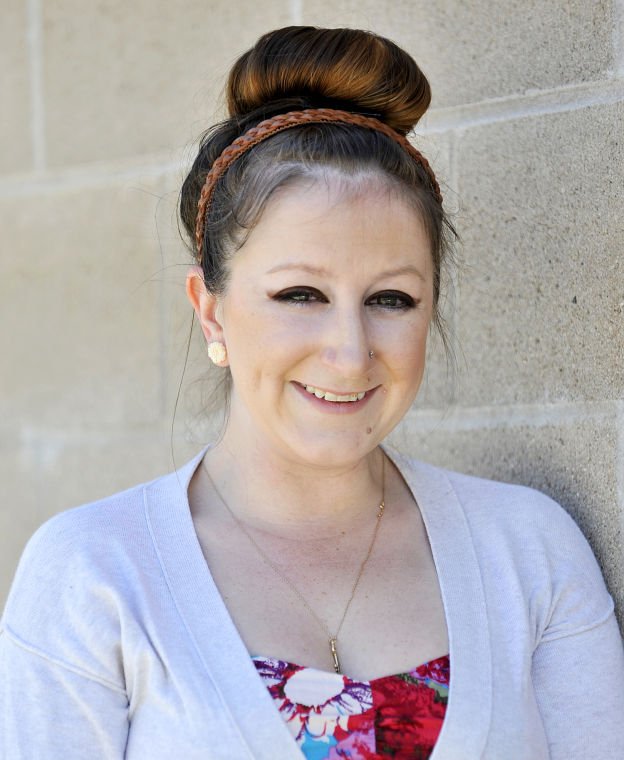I was watching a local baseball game the other day and kept getting distracted by something behind me. I’ll admit that it was hot and I was irritable, but I just couldn’t drown out the loudmouth parent. Sure, some people can be obnoxious, but what got me about this guy was that he was heckling the players. That does not sit well with me.
To some people, this is just a job. But to me, I get to know these kids. A lot of them play multiple sports and I watch, report and talk to them throughout the year. I have yet to meet a local athlete who isn’t polite, friendly and overall awesome. I’m proud of these kids and in turn, I guess that makes me a little protective.
This isn’t the first time that I’ve been at a game where the visiting team parents heckle the kids. Seriously? They’re 18—at the oldest—and how old are you?
These athletes aren’t professionals. They aren’t getting paid millions of dollars to play these sports. They’re doing it because they want to play, they’re learning good values and, if they’re lucky, they’ll get a scholarship out of it.
With this case in particular, the players were cheering each other on. The parents behind me decided it was OK to make fun of them for their “softball cheers”—which is offensive on a whole other level.
Oh, the players heard them by the way.
I’d like to be enlightened as to why this group thought it was OK to taunt a team that was trying to lift each other up and cheer each other on? It’s called teamwork. It’s called being good teammates. Maybe this group had never experienced anything like that and if that’s the case, I feel bad for them. I’ll give credit to the visiting team’s actual players though, they didn’t say a word except for cheering their own team on. These kids showed more class than their parents.
I’ll be clear, it wasn’t the whole group. It was only a select few, but it left a bad taste in my mouth and was offensive enough for the home crowd to speak up to. The situation could’ve escalated and there was some heated talk back-and-forth. All over what? A high school baseball game.
Before I get too far off point, I want to say this: Those kids out there are just like your kid that you’re there to watch—they’re just wearing different colors. How would you feel if your kid was being taunted like that? Those kids work just as hard, practice just as often and deserve the same amount respect. It’s called sportsmanship. It’s a game. At the end of the day, someone is going to win and someone is going to lose—unless there’s a tie, of course.
I’ll give these parents the benefit of the doubt. It was the last game of the regular season, there’s a lot on the line and emotions are high. I just ask that the next time each of us go to a game and are about to tease, taunt and make fun of an athlete or team, remember that your words carry weight. For some, it’s easy to brush it off. For others, those words stick in their mind.
The slogan of the California Interscholastic Federation and the Central Coast Section is “Pursing victory with honor”—there’s no honor in taunting a teenager. The programs instill what they call the “Six Pillars of Character”: Trustworthiness, Respect, Responsibility, Fairness, Caring and Citizenship. Putting your child in a high school sports program means that you will do your best to help teach these values, too.
My plea, to all spectators, is to remember that these kids are just that—kids.
In this particular case, the home team won the game with a walk-off homerun in the bottom of the seventh. Let that be a lesson learned that taunting achieves nothing.














